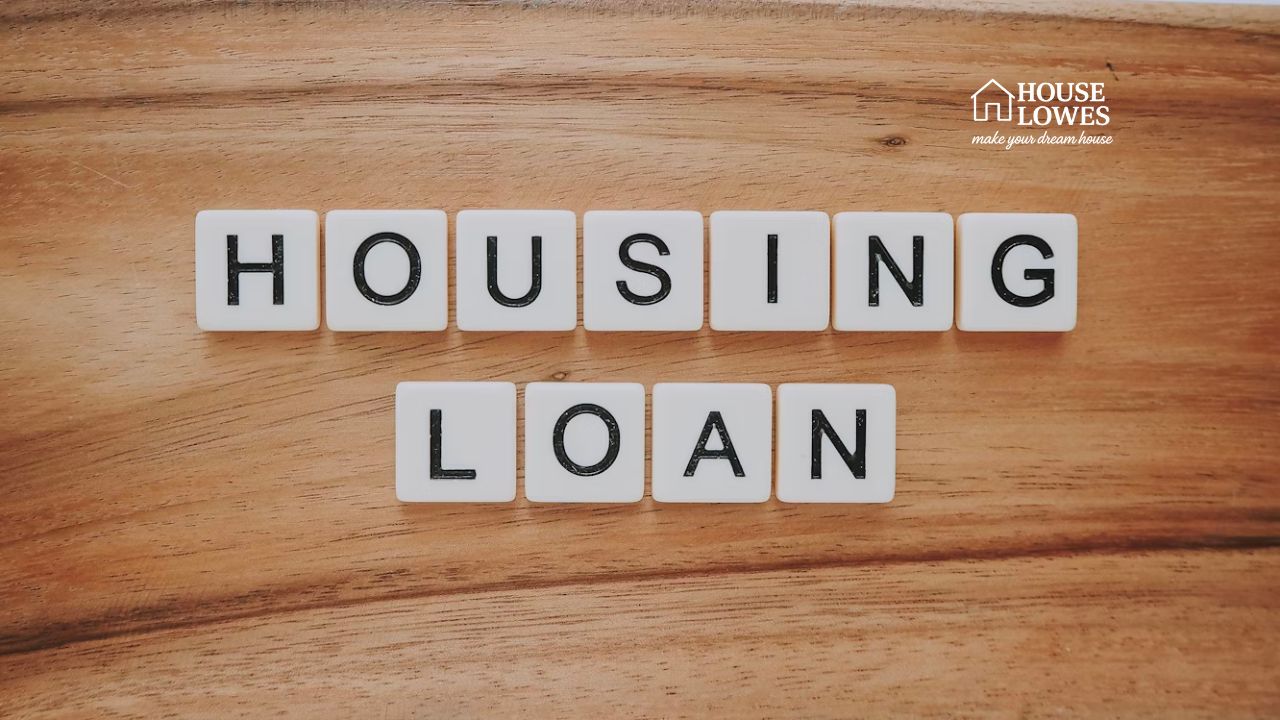When applying for a home loan, many people focus heavily on their income, assuming it’s the main factor lenders care about. While income is important, your existing debts can be just as significant — sometimes even more so. These obligations tell lenders how you manage financial commitments, and they can influence the amount you can borrow, the terms you’re offered, or whether your application is approved at all.
Why lenders pay close attention to your debts
Banks and lenders aim to reduce their risk. Before approving a loan, they need confidence that you’ll be able to meet repayments consistently over the long term. Your existing debts form part of your financial profile and impact your debt-to-income ratio (DTI), which is a key number lenders use to measure borrowing capacity.
If your DTI is high, even with a decent income, the lender may view you as stretched thin and more likely to struggle with repayments if unexpected costs arise.
Types of debt that can affect approval
Not all debts are viewed equally. Some have a heavier impact on your application than others.
- Credit cards: Lenders often assess your credit card limit, not just the balance. Even unused limits can count against you, as they represent potential debt.
- Personal loans: These fixed repayments directly reduce the amount you can afford to repay on a mortgage.
- Car loans: Much like personal loans, these are fixed liabilities that chip away at borrowing capacity.
- Buy now, pay later (BNPL) services: Regular use of BNPL can signal to lenders that you rely on short-term credit to cover expenses.
- HECS-HELP or other study debts: While generally lower in interest, they still count as a long-term financial commitment.
The concept of ‘no RHI’ and why it matters
In lending terms, “no RHI” refers to no Repayment History Information showing late or missed payments. If your debts are well-managed with no overdue history, this can work in your favour. Lenders like to see a track record of meeting obligations on time.
A strong repayment history can sometimes offset concerns about the size of your debt. For example, someone with a car loan who has never missed a payment may be considered more reliable than someone with smaller debts but a patchy repayment record.
What happens with no comparable debts
If you’ve never had a loan or significant ongoing credit commitment, you might think that’s an automatic win. However, some lenders find it harder to assess your ability to handle regular repayments if you’ve never demonstrated it before.
In this scenario, you may be approved for a smaller loan amount initially, or the lender may request additional documentation to confirm your budgeting skills. Building some credit history through small, well-managed debts can sometimes strengthen a future home loan application.
Strategies to improve your position before applying
There’s no need to wait until a lender tells you your debts are too high. You can take proactive steps to make your application stronger:
- Pay down high-interest debts first – Credit cards and personal loans tend to carry the highest rates. Reducing these can boost your borrowing capacity quickly.
- Lower your credit card limits – Even if you don’t use the full limit, it’s factored into your potential liabilities.
- Consolidate where possible – Combining multiple smaller debts into one repayment can simplify your finances and improve cash flow.
- Pause new credit applications – Each application can leave an enquiry on your credit report, which may raise questions for lenders.
- Track your expenses – Being able to demonstrate responsible spending habits can work in your favour, particularly for first-time borrowers.
Why working with a mortgage broker helps
Debt assessment isn’t always straightforward. Lenders apply different policies and tolerance levels, meaning what one bank rejects another might accept. An experienced broker can identify lenders more likely to approve your application given your current debts and repayment history.
If you’re based in NSW, finding the best mortgage broker Sydney has to offer can make a real difference. They’ll not only review your debt position but also guide you on how to restructure or reduce obligations before applying.
The link between debt levels and interest rates
Even if your application is approved, the level of existing debt can influence the interest rate you’re offered. Lower perceived risk often leads to better rates and more flexible terms. On the other hand, higher debt levels may result in a higher interest margin to offset lender risk.
Over time, this difference can amount to tens of thousands of dollars in extra repayments — a strong incentive to tidy up debts before committing to a mortgage.
The takeaway
Your current debt situation plays a central role in shaping your loan approval prospects. Having “no RHI” can work in your favour by showing responsible management, while having no comparable debts might require you to prove your repayment capability in other ways. Understanding these factors, and taking steps to improve your financial profile ahead of time, can help secure not just approval, but better loan terms.
Managing debt effectively before applying for a home loan is one of the smartest financial moves you can make — and it can turn a borderline application into a confident yes from the lender.
Admin Recommendation
Durable & Stylish Bronze Metal Roof – Your Complete Guide







